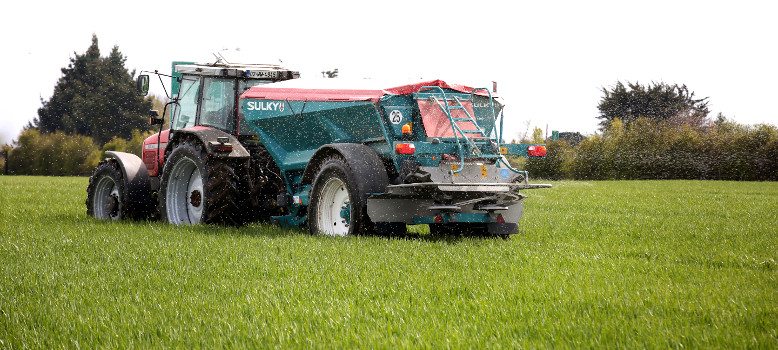More Flexibility Needed on National Fertiliser Database

IFA Environment & Rural Affairs Chair Paul O’Brien outlined that IFA is seeking changes to the National Fertiliser Database to ensure it is fit for purpose and user-friendly for farmers.
“The new Fertiliser Database sets out very tight and potentially unworkable timelines for farmers this Autumn. We need much more flexibility and further discussions to develop a workable system,” Paul O’Brien outlined.
From September 1st, any farmer who wishes to purchase fertiliser, including lime, must be registered on Agfood. Furthermore, as it currently stands, all farmers are required to enter closing stocks, even if no fertiliser is on the farm, by mid-October.
“The mid-October deadline is going to prove very challenging, particularly for farmers who will need assistance in registering. Extending this deadline makes sense and will ensure farmers have the time to comply with this requirement,” Paul O’Brien said.
The Department of Agriculture are also seeking any farmers importing fertiliser from Northern Ireland to register as a Fertiliser Economic Operator. There was a sharp increase in the level of fertiliser imported from Northern Ireland in 2023 due to the price disparity with the South. Accordingly, the process of registering to import fertiliser directly must be kept as simple as possible.
“We are seeking a meeting with Department officials to raise the above issues and ensure a more common-sense approach is taken,” the IFA National Environment & Rural Affairs Chair concluded.




